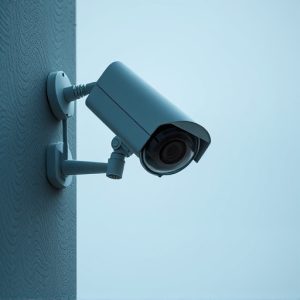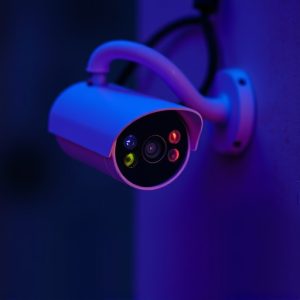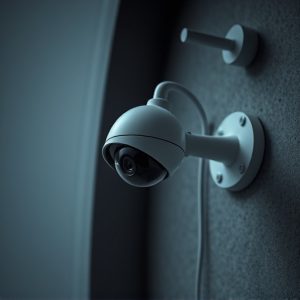Hidden Security Cameras: Unveiling Ethical and Legal Implications
Hidden security cameras, disguised as everyday items like smoke detectors or plants, offer a discret…….
Hidden security cameras, disguised as everyday items like smoke detectors or plants, offer a discrete way to monitor spaces. With various types available, including wireless models with smartphone access, IR technology for low-light visibility, and motion-activated options, they cater to diverse security needs. Advanced features like Wi-Fi connectivity, night vision, and two-way audio enhance their versatility. However, deployment raises ethical concerns about privacy invasion and mistrust; legal regulations govern their use, requiring explicit consent or clear notification to avoid legal repercussions.
“Unveiling the mysteries of hidden surveillance, this article offers a comprehensive guide to understanding these unassuming yet powerful tools. From basic functionality to diverse types, we explore the vast array of hidden security cameras available. Furthermore, delving into ethical and legal aspects, it examines the delicate balance between privacy protection and security enhancement. Discover the implications of employing hidden cameras, weighing the benefits against potential concerns.”
Understanding Hidden Security Cameras: The Basics and Types
Hidden security cameras, also known as covert surveillance cameras, are a sophisticated means of monitoring and securing spaces secretly. These cameras are designed to blend into their surroundings, often appearing as everyday objects like smoke detectors, power outlets, or even plants. Understanding the basics and types of hidden security cameras is crucial for anyone considering enhancing their home or business’s security.
There are various types available, each with unique features. Some are wireless, allowing for easy installation and remote access via smartphones. Others utilize power lines or Ethernet connections for a more stable signal. Infrared (IR) technology enables these cameras to capture clear footage even in complete darkness, while motion sensors trigger recordings only when activity is detected, conserving storage space. Advanced models may also include Wi-Fi connectivity, night vision, and two-way audio capabilities, making them versatile tools for various security needs.
Ethical Considerations and Legal Implications of Using Hidden Cameras
The use of hidden security cameras raises significant ethical and legal questions. While these devices can serve as powerful tools for deterring crime and ensuring safety, their secretive nature poses concerns about privacy invasion. Installing a hidden camera without clear consent or notification can infringe on an individual’s right to expect reasonable privacy in public and private spaces, leading to potential legal repercussions. Furthermore, the lack of transparency surrounding their presence may foster a sense of unease and mistrust among communities.
From a legal perspective, the deployment of hidden security cameras must adhere to strict regulations governing surveillance practices. Different jurisdictions have varying laws concerning the use of such devices, with many requiring explicit permission from individuals being monitored or clearly communicating the presence of cameras to prevent unlawful recording. Non-compliance can result in fines and other penalties, emphasizing the need for businesses and individuals to understand and respect privacy laws when employing hidden security camera systems.


